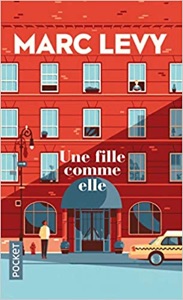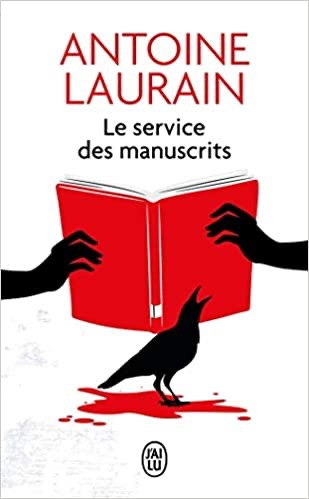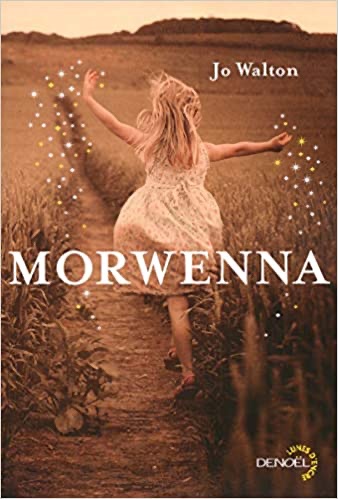Yesterday’s Tinderbox meetup was, I think, a true landmark.
As usual, there were lots of topics. Andreas Busch discussed his recent use of Tinderbox to examine how the membership of the Akademie der Wissenschaften zu Göttingen has changed over the years. Art Currim touched on the relationship between poetry and code (and the vexations a writer sometimes experiences when confronting the system’s esoteric demands). Michael Becker demonstrated his emerging doctoral work, and I talked a bit about sentiment analysis in the upcoming Tinderbox 9.
But the revelation for me was the discussion by Anthony Caldwell (Digital Research Consortium, UCLA) of his studies of Los Angeles movie theaters from the early 20th century. Many of these downtown movie palaces have survived, lots of oral history (some of it apocryphal) surround them, and their theaters — some sealed up for decades — have sculptures and murals by artists whom we now know to appreciate. It’s an interesting project!
Lots of contemporary sources exist: he’s got the literature references in Zotero from various online libraries and archives. Zotero, it turns out, downloads the pdfs when available, and he lets DEVONthink index these, giving him a full-text index into this specialized corpus. From that, he develops in Tinderbox some lovely and informative maps of stylistic and artistic influences.
Twenty or thirty years ago, I went to conferences where people speculated about the scholarly workbench of the future. (I wrote a hypertext for this symposium; I don’t know whether it holds up.) But my sense is that Prof. Caldwell wasn’t doing this to speculate on future technologies or to test digital humanities; this was just the best way to gather information about these interesting buildings. Yet, here we have pretty much everything we wanted back then, and it’s all off the shelf!
2021-Mar-20 Tinderbox Meetup from Tinderbox Meetups on Vimeo.


